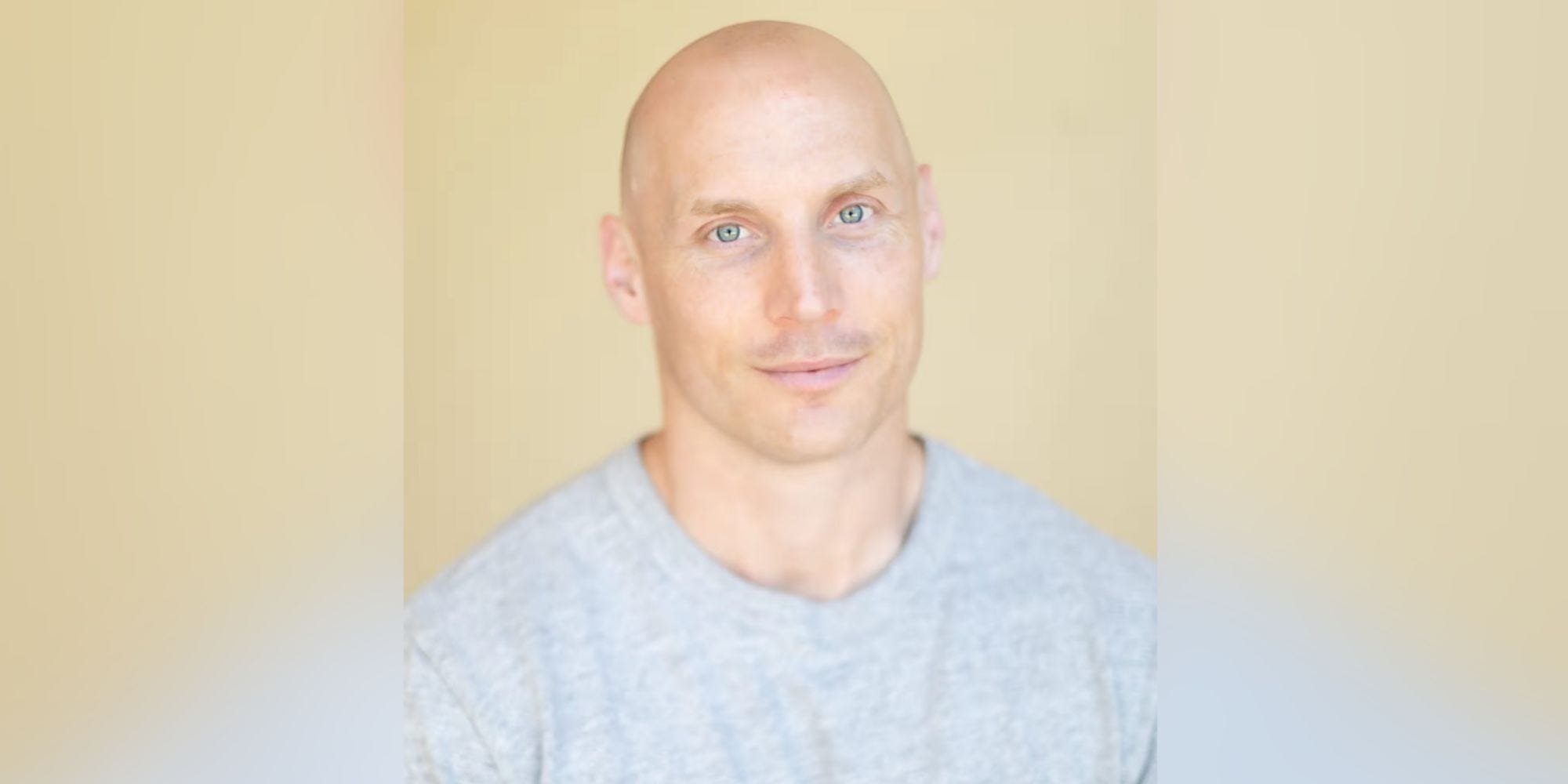
Courtesy Dugal Bain-Kim
This as-told-to essay is based on a conversation with Dugal Bain-Kim, founder and CEO of Lifeforce, a longevity medical program based in Los Angeles. It has been edited for length and clarity.
I started building Lifeforce in 2021.
We’re a young company in the hot space of longevity medicine. We have created personalized programs for tens of thousands of members across 50 states.
One of the challenges in the longevity industry now is helping to lead the conversation for people around what a quality solution in longevity looks like that actually delivers results in a space that’s very noisy and has a whole spectrum between things that are straight snake oil and then things that are very legitimate.
The word longevity has come to mean everything and nothing at this point. When we launched the company, it was still a fairly niche term.
But I think it’s now captivated everyone’s imagination from a consumer perspective, which is great because it shows how people are really motivated to take control of their health. But the way that some companies and brands have responded is to really lean into it from all different directions, even if what they’re talking about is not really a longevity solution.
I’ve seen protein powders that were just protein powders six months ago now call themselves longevity powders.
It shows how consumers need to dig deeper to really understand what is true longevity medicine versus what’s just wellness rebranded.
One way to tell the difference is understanding a longevity platform’s level of clinical expertise and how much access a client is really going to have to that.
Is this a model where you’re actually going to be able to work with great doctors directly on an ongoing basis with proper hands-on engagement in how your program’s built? Or is it something that doesn’t have any clinical involvement at all, therefore, it doesn’t have the horsepower to really deliver the interventions that are going to be the most important to you?
Or, there could be a case where there’s a lot of mention of clinicians mentioned in the sales process, but actually, in the experience, you can hardly get a hold of anyone.
That’s often a lot of what we see.
The other point is how holistically is the solution designed?
Is it focused very narrowly on a particular thing, like testosterone, for example, or GLP-1 hormones? Or is it actually able to really understand what’s happening across your entire health reality and therefore make the best recommendations in a more integrated way?
You see a lot of solutions that basically point to particular pharmaceuticals or whatever — and that’s not really what you want. If all roads lead back to two products, then that’s not personalized anything. That’s just a funnel into products.
It’d be like going to a financial advisor and they tell you, “All I do is recommend this one stock.”
You really want them to understand your whole financial picture and your goals for the future.
The post I founded a longevity startup. Here’s how to discern real programs from snake oil. appeared first on Business Insider.




